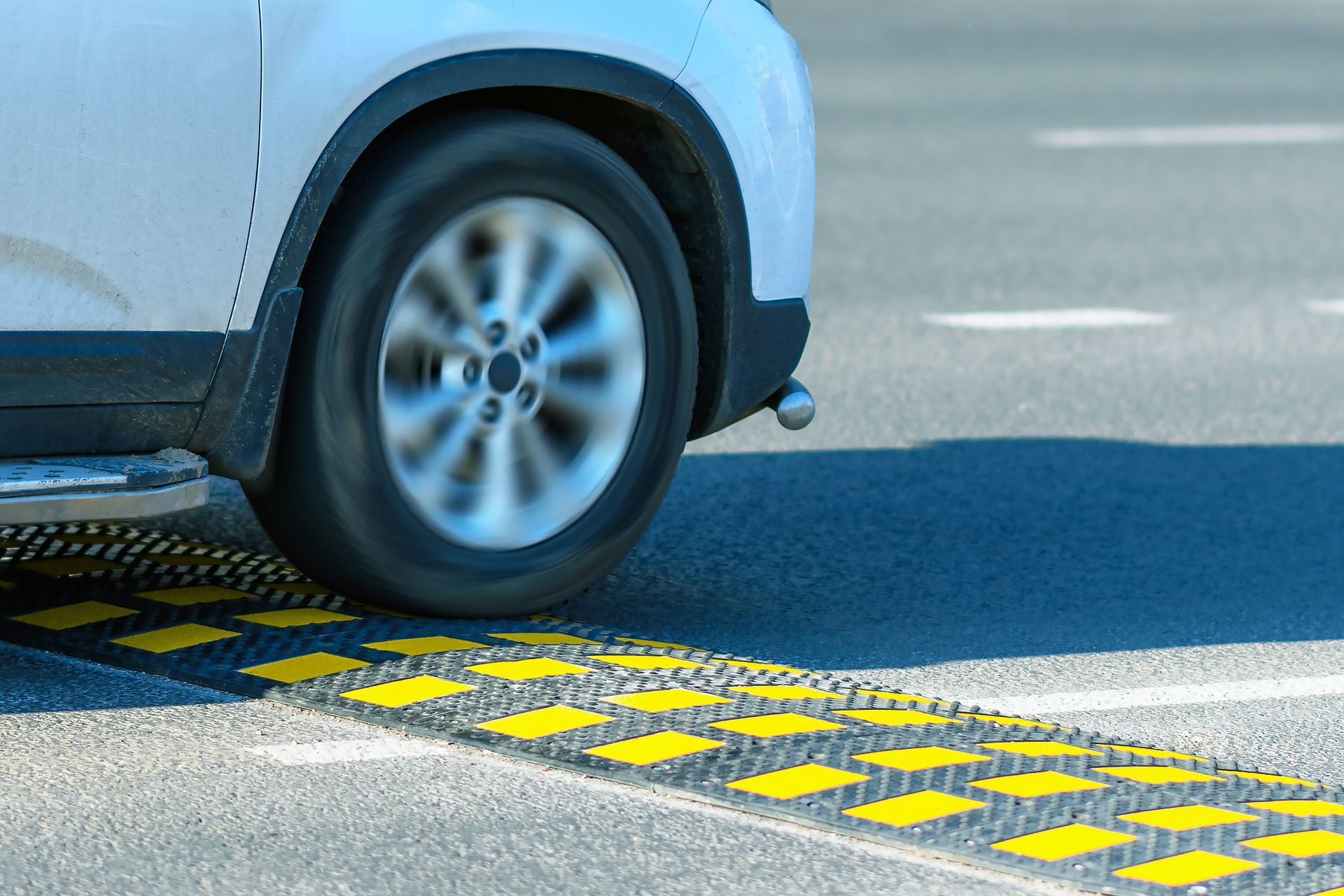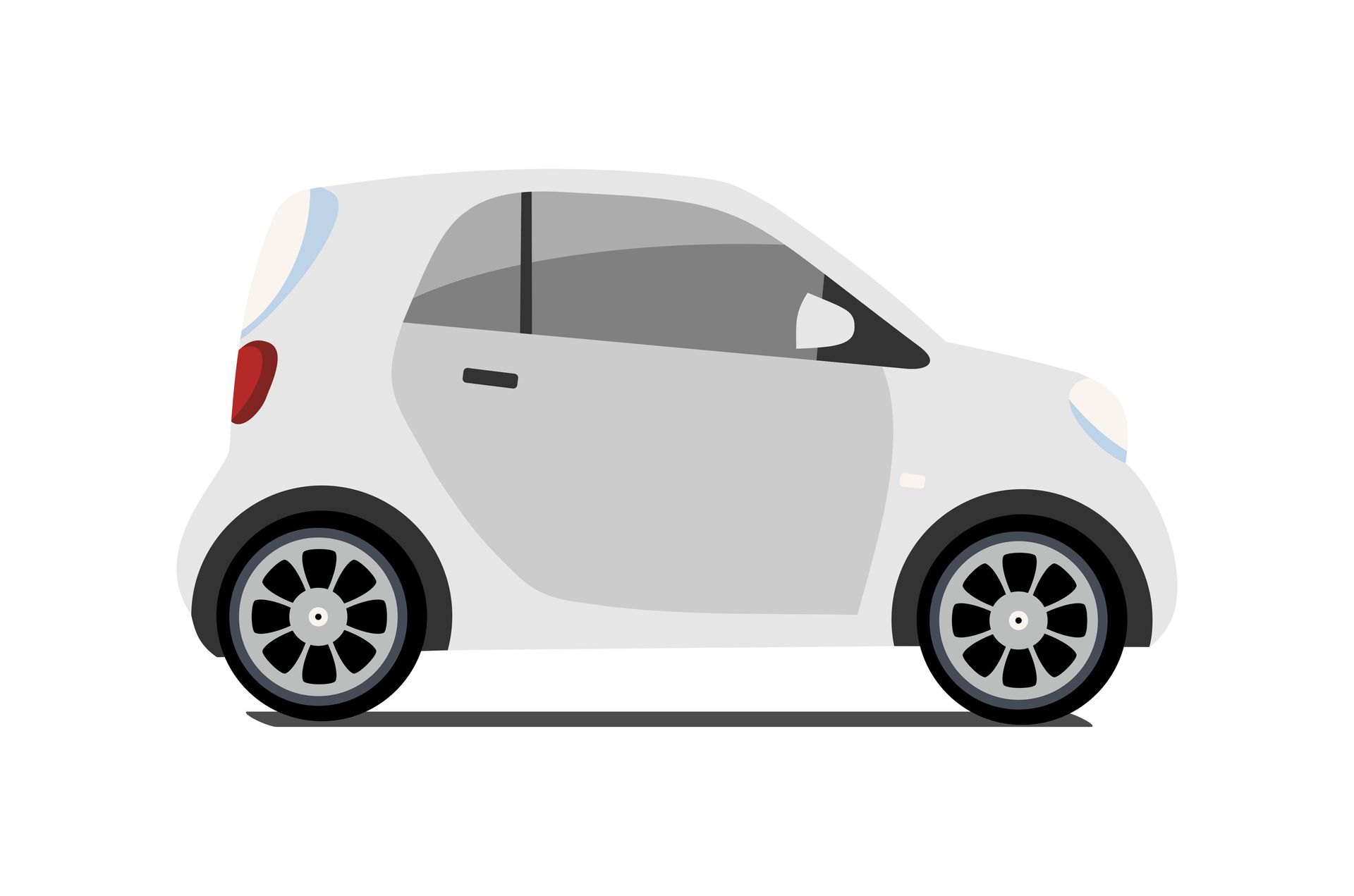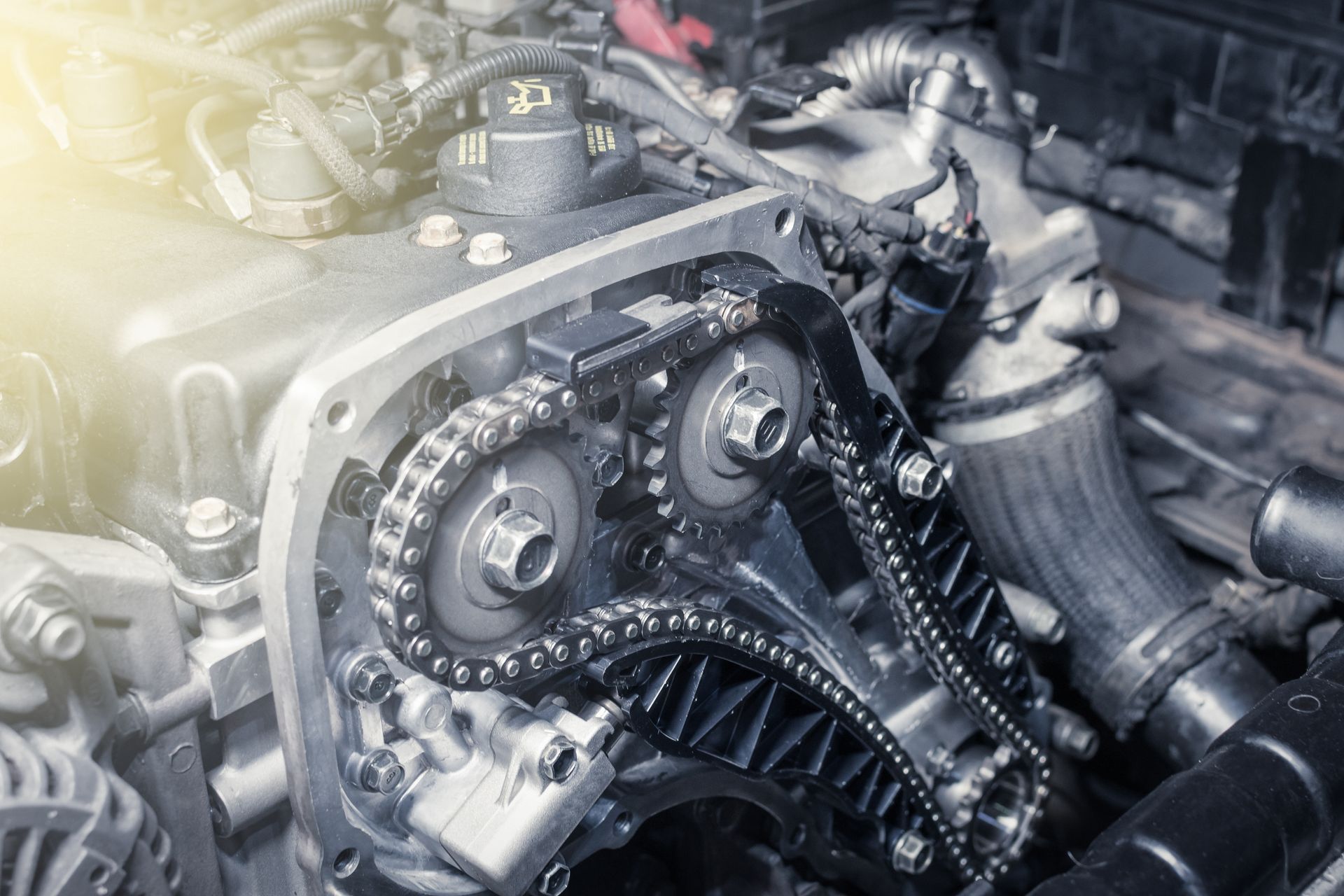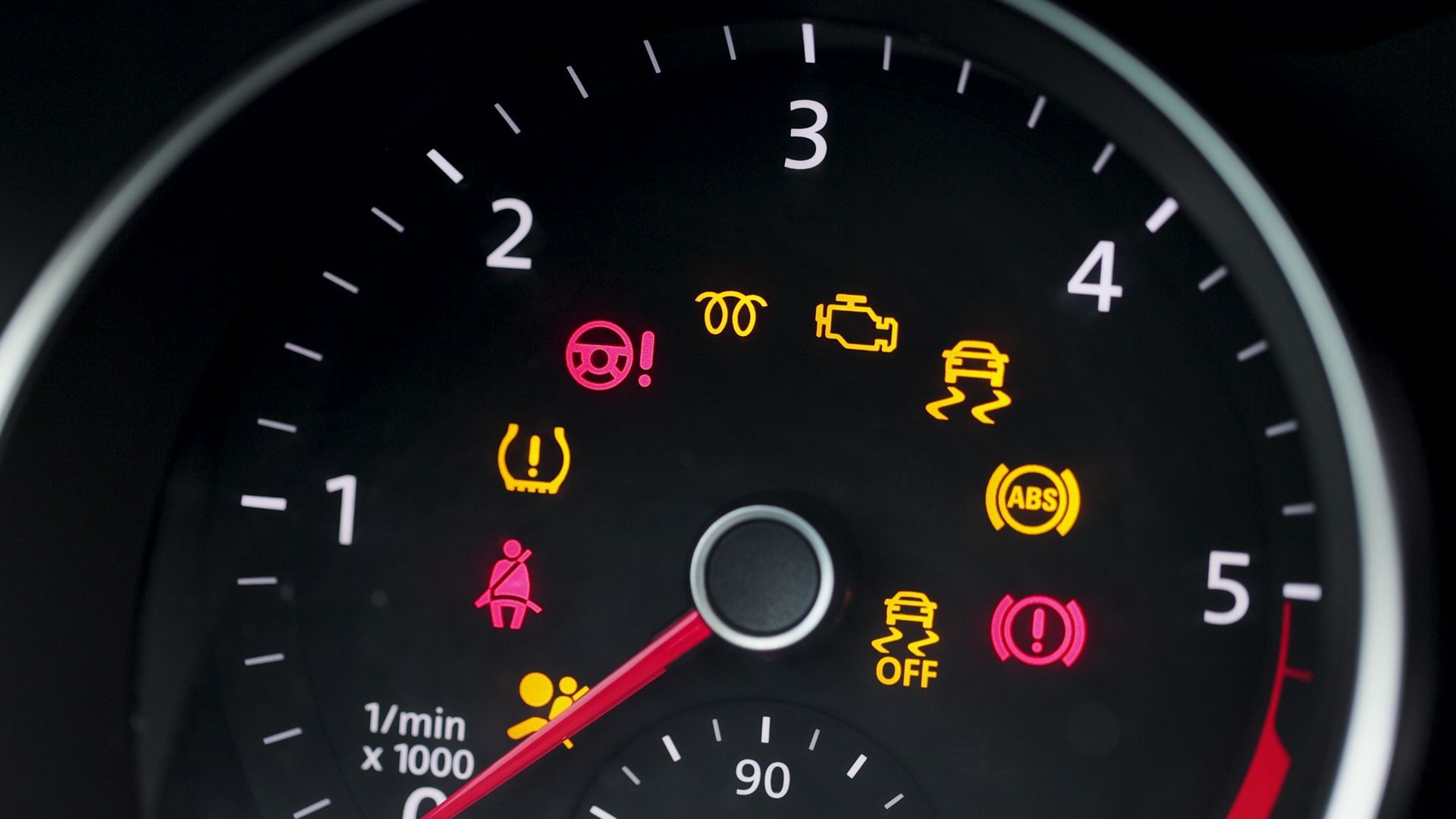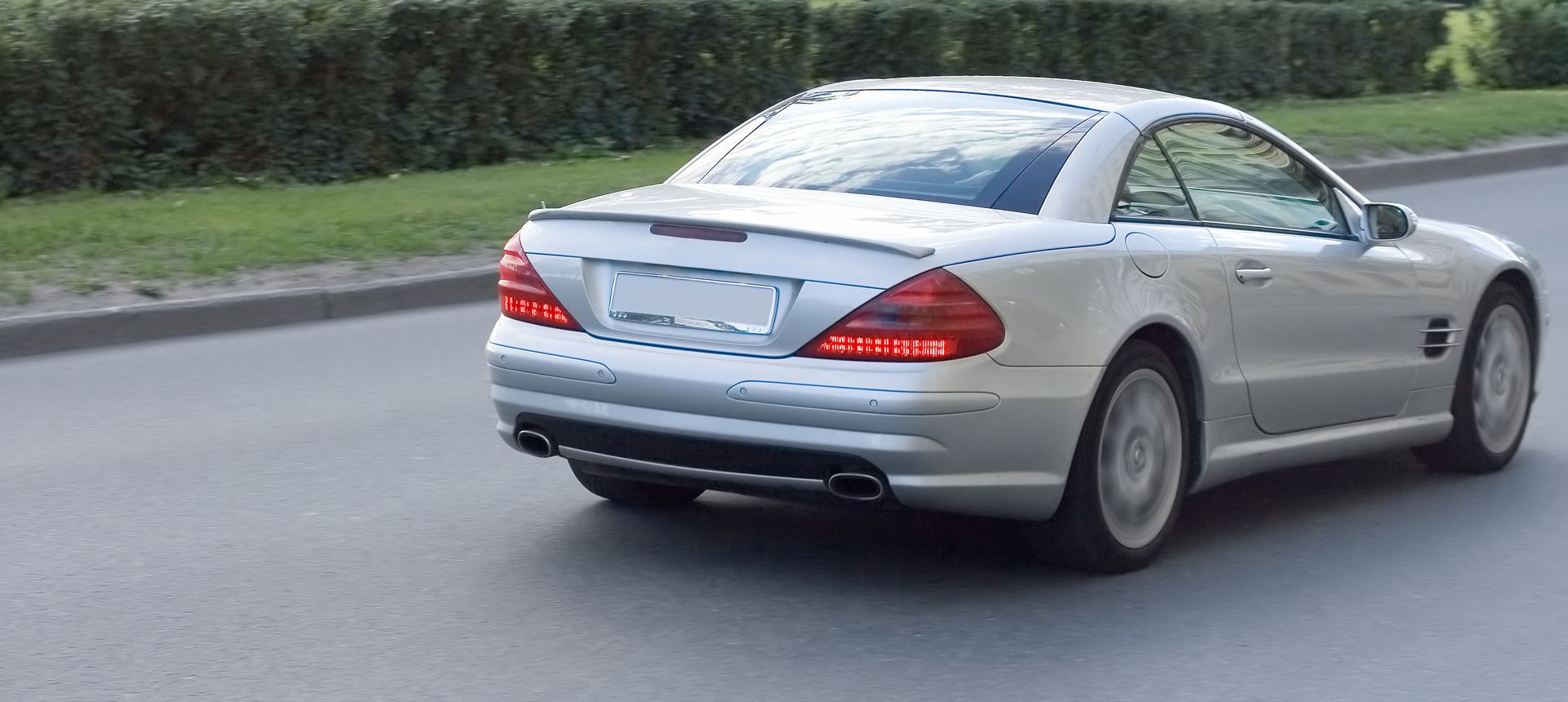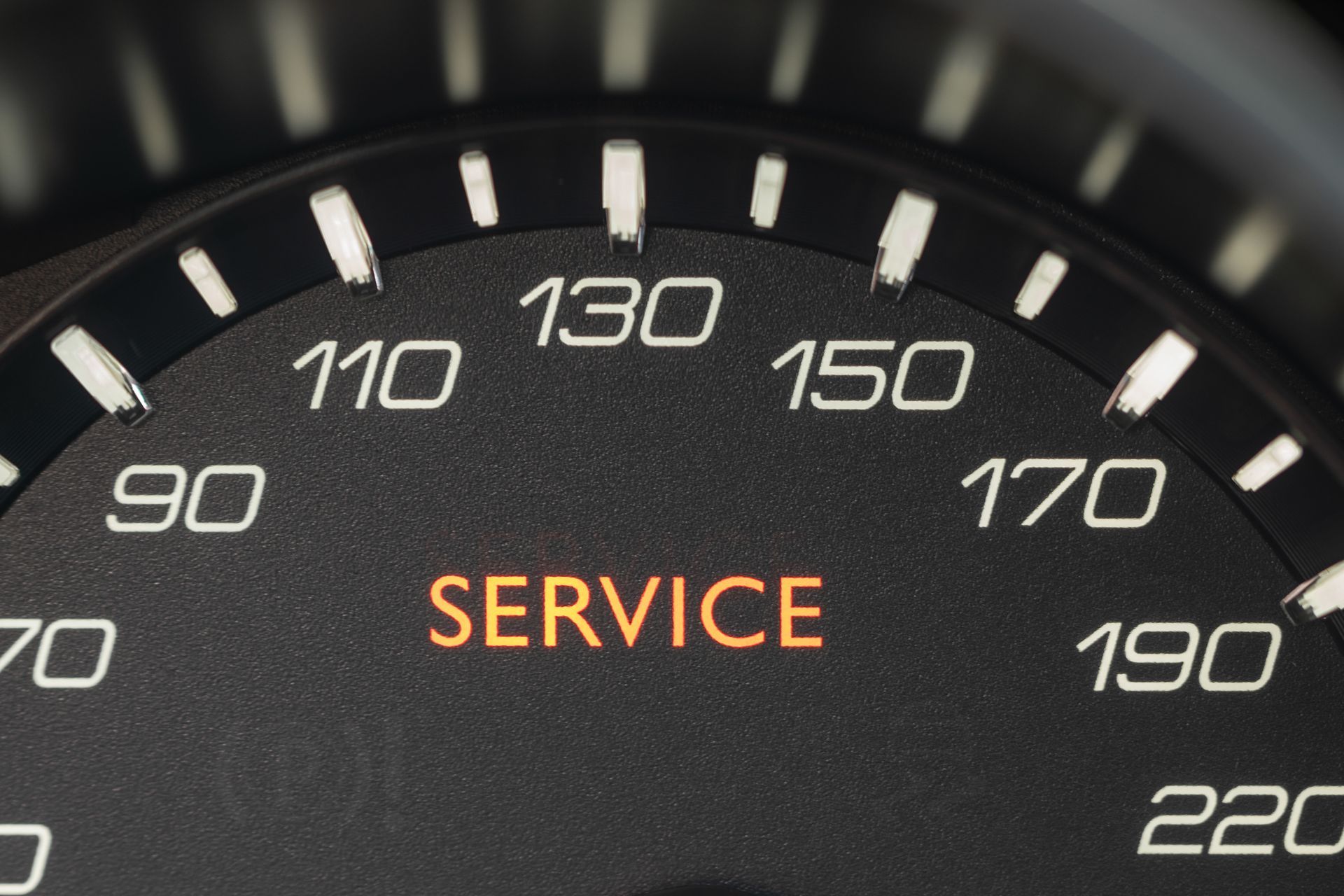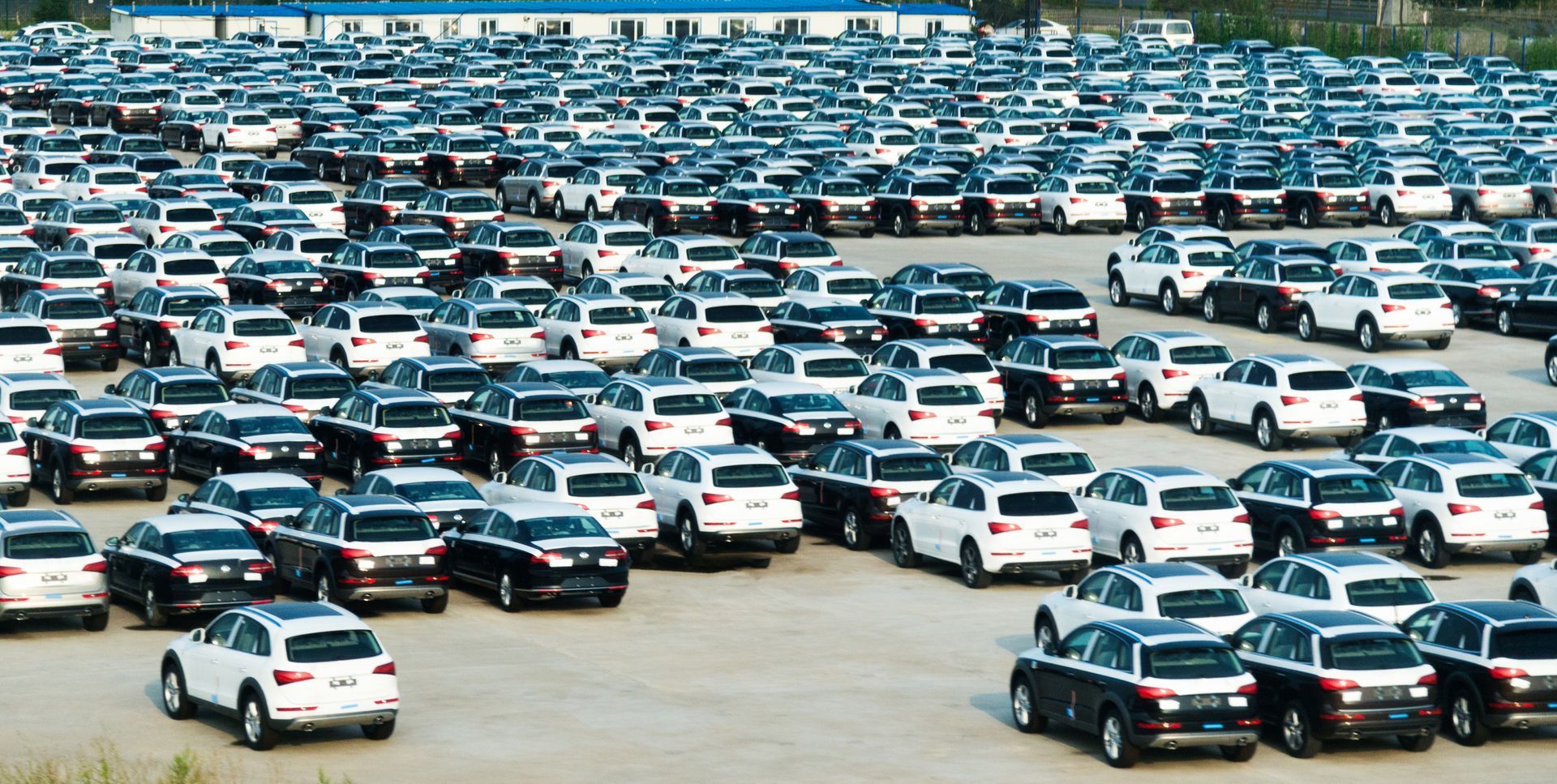You turn the key or press the start button, expecting your car to come to life, but nothing happens. It’s easy to assume the battery is to blame, but what if you've already had it tested and it’s working fine? A car that doesn't start with a good battery can be frustrating, but it’s often linked to other overlooked components in the starting system.
The Starter Motor May Be the Real Culprit
If the battery is charged and your lights and accessories are working, the problem might be the starter motor itself. The starter is responsible for turning the engine over, and if it fails, the engine won’t crank, no matter how much battery power is available. Signs of a faulty starter include a single click when you try to start the car or no sound at all. Over time, internal components in the starter can wear out, especially in vehicles with high mileage.
Ignition Switch Problems Can Prevent the Engine From Turning Over
The ignition switch sends power to the starter and other key systems. If it’s worn out or faulty, it might not deliver the proper signal to engage the starter, even when everything else appears to be working. You might notice that dashboard lights flicker or fail to illuminate when you turn the key, or that the car doesn’t respond at all to the ignition position. This issue can be intermittent and tricky to diagnose without professional tools.
A Failed Neutral Safety Switch or Clutch Switch
For vehicles with automatic transmissions, the neutral safety switch ensures the car only starts when in park or neutral. If this switch fails, the car won’t start, even though the battery and starter are fine. In manual transmission vehicles, the equivalent component is the clutch safety switch. If it malfunctions, pressing the clutch pedal won’t register properly, blocking the ignition circuit.
These switches are often overlooked because there are no warning lights or error codes to indicate a failure. A technician will usually test the system by manually bypassing the switch or checking continuity to confirm the issue.
Security System or Key Transponder Issues
Modern vehicles come equipped with security systems that can prevent starting if the key isn’t recognized. If your key fob’s battery is low or the immobilizer system has a fault, the car may not start as a protective measure. In some cases, an error light may flash on the dashboard or a message might appear saying “key not detected” or “security system active.” Even if the key seems to work for unlocking the doors, the transponder chip inside might still be the issue.
In these cases, reprogramming the key or resetting the security system may be necessary. This type of problem is best handled by a technician with access to the manufacturer’s software tools.
Fuel System or Engine Sensor Failures
Sometimes, the engine cranks but doesn’t start. This usually points to a fuel or ignition system problem, not the battery. A failed fuel pump, clogged fuel filter, or faulty crankshaft position sensor can prevent the engine from firing up. These types of issues often require diagnostic testing to identify, especially if there are no check engine lights or stored trouble codes.
It’s also possible that poor fuel pressure or miscommunication between sensors is preventing the computer from sending the right signal to start. While these problems can mimic a no-power situation, they’re entirely different from a dead battery scenario.
Pete’s Service Center – Reliable Diagnostics for No-Start Issues in Indianapolis, IN
At Pete’s Service Center in Indianapolis, we know how stressful it is when your car won’t start, especially when the battery isn’t to blame. Our technicians use professional diagnostics to get to the root of the issue, whether it’s a faulty starter, a worn switch, or a hidden security system fault.
If your car is giving you trouble, bring it in and let us help you get back on the road quickly and confidently.

